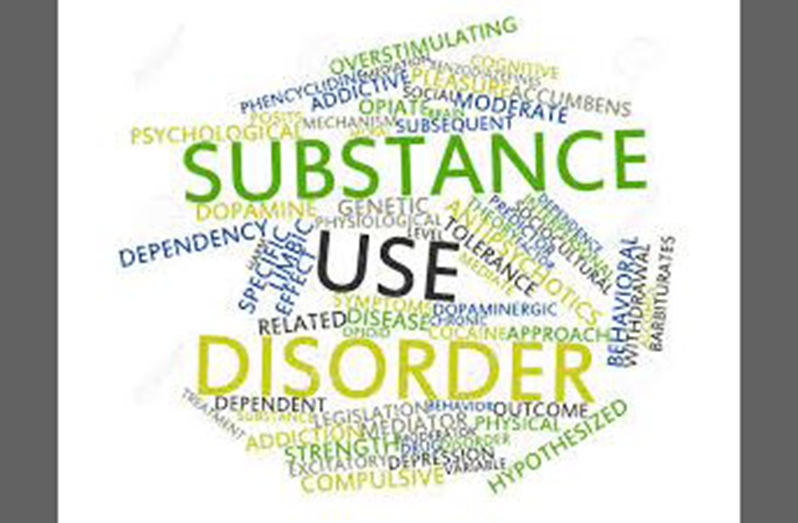By Vanessa Cort
GANESH, a resident of the Corentyne, would head for the crack cocaine block every Friday afternoon, after he collected his pay. He would stop home first to shower and change into fresh clothes and arrive on the ‘block’ in high spirits.
He was anxious to get his first smoke and would be impatient to get a ‘crack pipe’, often loaned to him by a fellow smoker. His boisterous good humour would fade from the moment he took that ‘hit’ and his paranoia would surface. He would then begin pacing the yard looking suspiciously at everyone and peer out in the direction of the road expecting the police to arrive at any moment.
He would be reluctant to part with the ‘pipe’ and became aggressive if the owner tried to take it back. Often he would agree to purchase it and held onto it as if his life depended on it.
Someone who liked to card-gamble, Ganesh would seek out other smokers and gamble and smoke until his money was done. But he would not stop there. He would ask for credit and when he reached his limit would begin to pawn his clothing, starting with his sneakers, which the seller accepted because they were usually brand names and she knew his family would redeem them all and pay his outstanding debt.
In fact Ganesh often left the ‘block’ in nothing but his underwear, towed home by someone appointed by the seller. Following his departure, a family member would appear, pay his debt and uplift his clothing while loudly lamenting his behaviour.
Though he was still able to hold down a job, Ganesh nevertheless portrayed many of the signs of Substance Use Disorder (SUD). He became paranoid and aggressive and once he started to smoke was unable to ‘call a halt’ even after his money was finished. His behaviour was extreme, in that he resorted to literally selling ‘the clothes off his back’ just so he could continue smoking.
Jenny, on the other hand, has smoked crack every day now for more years than she can count and picked up the habit over two decades ago, when she would smoke much as Ganesh did.
She is sharp-tongued and witty and supports her habit by cleaning and doing odd jobs for people and engaging in what she called “going with men”. She actually lives on a block, keeping her clothing and other personal effects in bags and bathing at nearby Bourda Market, where she also washes her clothes.
“I stopped plenty times,” she told me, “but I always start back”. She has developed a chronic cough, which she says is the result of smoking both crack and cigarettes and ruefully comments, “I think one day they going to kill me”.
And though I have been talking about Jenny in the present tense, her words proved prophetic as she died some months after our chat, apparently emaciated and incontinent.
I was told that before her death Jenny had deteriorated to the point where she had begun sleeping on a shop-front pavement and could no longer walk.
She lived on the charity of passers-by and residents of the neighbourhood, who would provide her with food and snacks. Often she would leave the food untouched and would crawl and stumble to the nearest block, where she would ‘smoke out’ all the money she was given.
It appears that Jenny’s vital organs began to fail her and her body was so weakened that she found it difficult to stay upright. More than once she had been hospitalised but refused to stay and would take her own discharge.
Jenny ‘came from a good family’, who, she admitted, were initially concerned about her but left her to her ‘own devices’ when she continually resisted their efforts to help and continued to smoke crack.
Ganesh, too, came from a family who could afford to pay his weekly debts. How long they would keep this up and how much longer he, a recent smoker, would be able to stay in a job, are questionable.
Instead of helping him, however, by paying his debts, his family was enabling him though they clearly did not know what else to do and as the “baby” of the family they had completely spoiled him.
But families are often ‘at a loss’ to know how to cope with someone with a Substance Abuse Disorder. And while there are many services available in countries like the United States for consultation, counselling and treatment of persons with SUDs, there is still much work to be done in this country to provide similar services to help combat the growing scourge of substance abuse.




.png)









